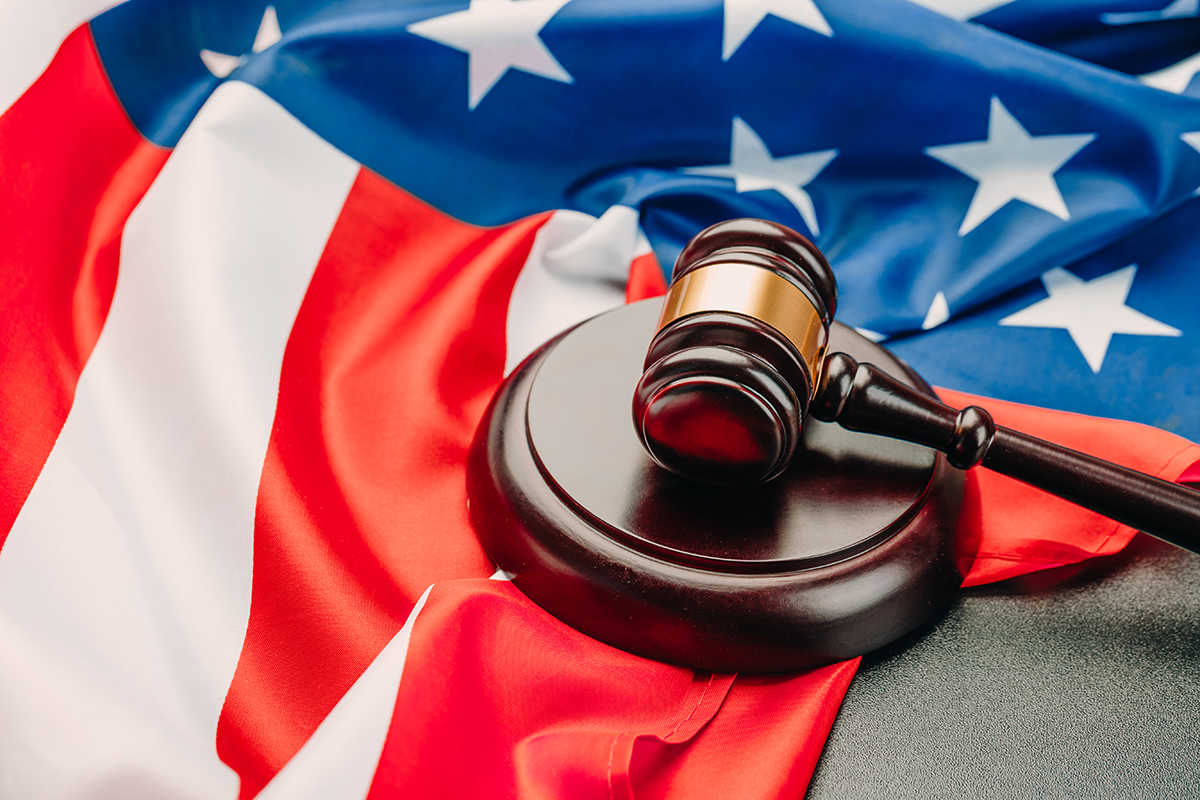US Attorney David Weiss, who is leading the criminal investigation into Hunter Biden, has issued a letter denying allegations from IRS whistleblowers that he had been politically inhibited from conducting his work. In the letter obtained by CNN and addressed to Republican Senator Lindsey Graham of South Carolina, Weiss refutes two significant claims made by IRS whistleblower Gary Shapley and his deputy, who had alleged political interference in the inquiry.
Shapley and his deputy had previously testified to Congress that Weiss claimed during an October 2022 meeting that he had sought to be appointed special counsel, a request they said was denied by the Justice Department. However, Weiss has now clarified that he never asked for the special counsel status but had explored the possibility of being designated as a “special attorney” under a different statute.
Weiss’s letter states, “I have not sought Special Counsel designation. Instead, I had discussions with Departmental officials regarding a potential appointment under 28 U.S.C. § 515, which would have allowed me to pursue charges outside my district without the collaboration of the local U.S. Attorney.”
He added that these discussions occurred “months before the October 7, 2022 meeting, which is referenced throughout the whistleblowers’ allegations.”
In response to allegations that he was prohibited from laying charges in other jurisdictions, Weiss has stated, “I have never been refused the authority to bring charges anywhere.” This was a clear rebuttal to Shapley’s claim that Weiss was blocked from bringing charges against Hunter Biden in Los Angeles and Washington, DC, due to interference from political appointees.
Shapley and his deputy voiced their concerns in public congressional testimony released last month by House Republicans. The Justice Department and Attorney General Merrick Garland have consistently denied any political interference in the investigation into Hunter Biden, culminating in a plea deal where Biden admitted to two tax misdemeanours, resolved a felony gun charge, and is likely to avoid imprisonment.
Shapley’s lawyers said the recent letter only indicates that “Weiss’ story keeps evolving.”
They stated, “From a practical standpoint, whether Weiss sought special counsel or special attorney status is immaterial. Significantly, ‘the process’ should not have involved the political appointees of the person under investigation’s father, a deviation which was assured not to occur – but did.”
In his letter, Weiss also chose not to comment on a 2020 internal FBI document containing unverified allegations that Joe Biden and his son Hunter were implicated in a foreign bribery plot. He responded to Graham’s inquiries by stating they “pertain to an ongoing investigation.”
In conclusion, the unfolding allegations and counter-claims related to the Hunter Biden criminal investigation continue to underscore the tense intersection of politics and law enforcement in the United States. Weiss’s denial of the whistleblowers’ allegations adds another layer to an already complex narrative, the whole truth of which will likely only be revealed in due course. Amid these controversies, one thing remains certain: the public’s trust in the justice system hinges upon its capacity to conduct independent and unbiased investigations.







